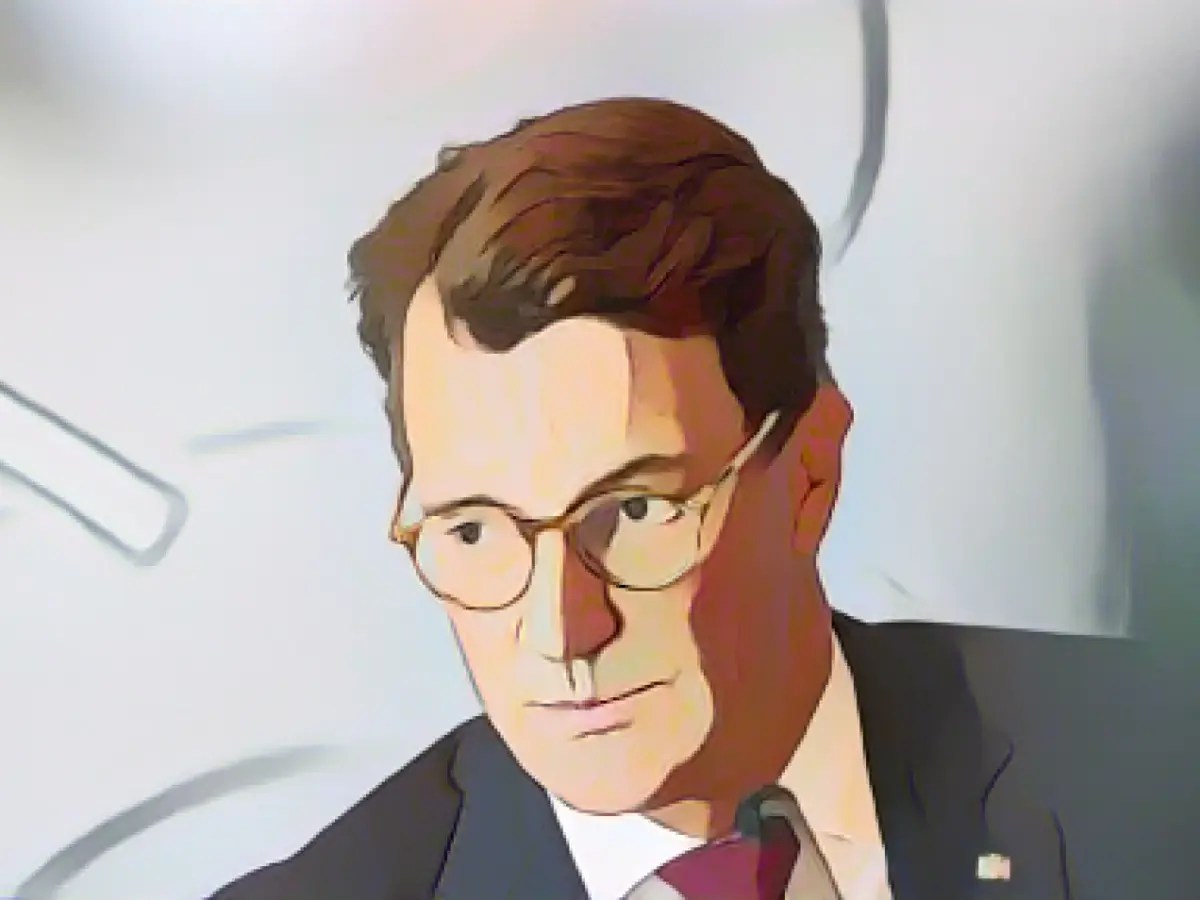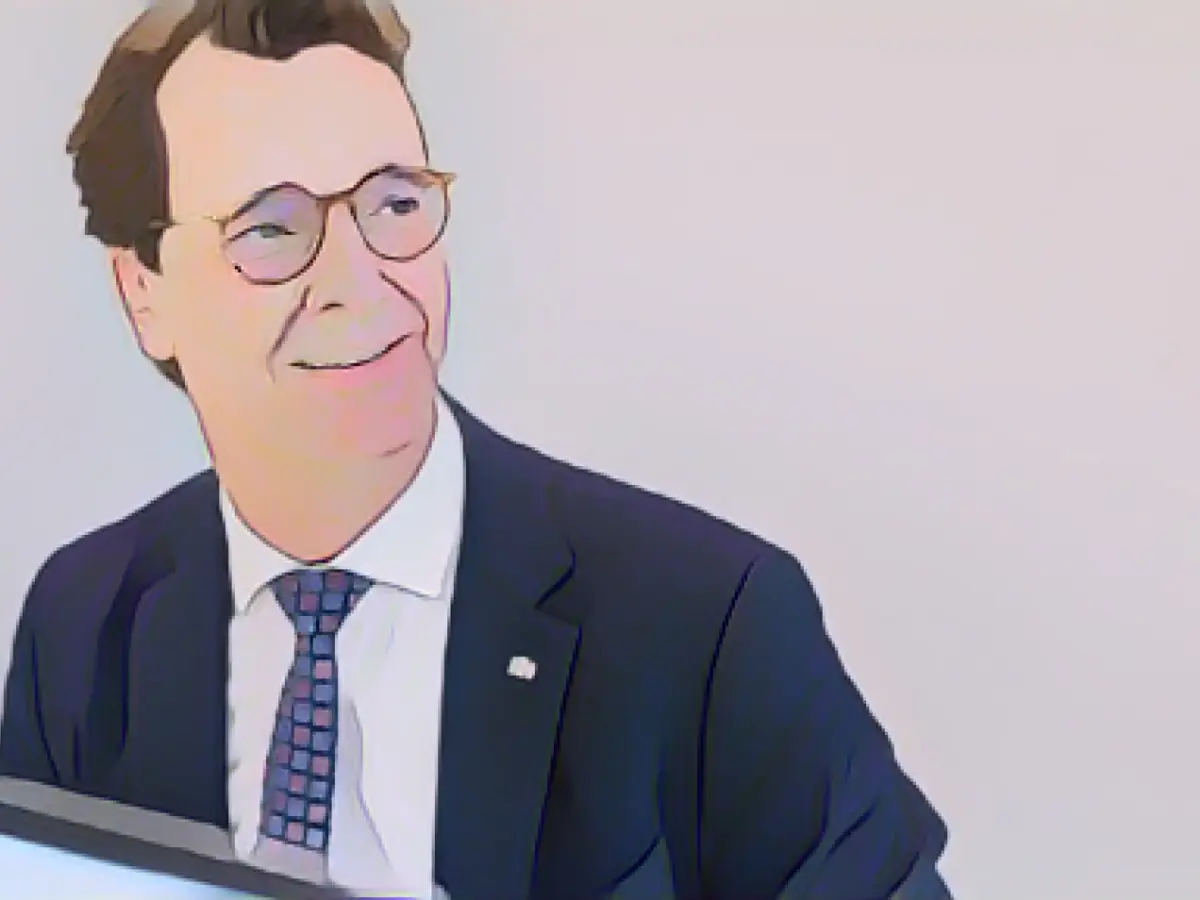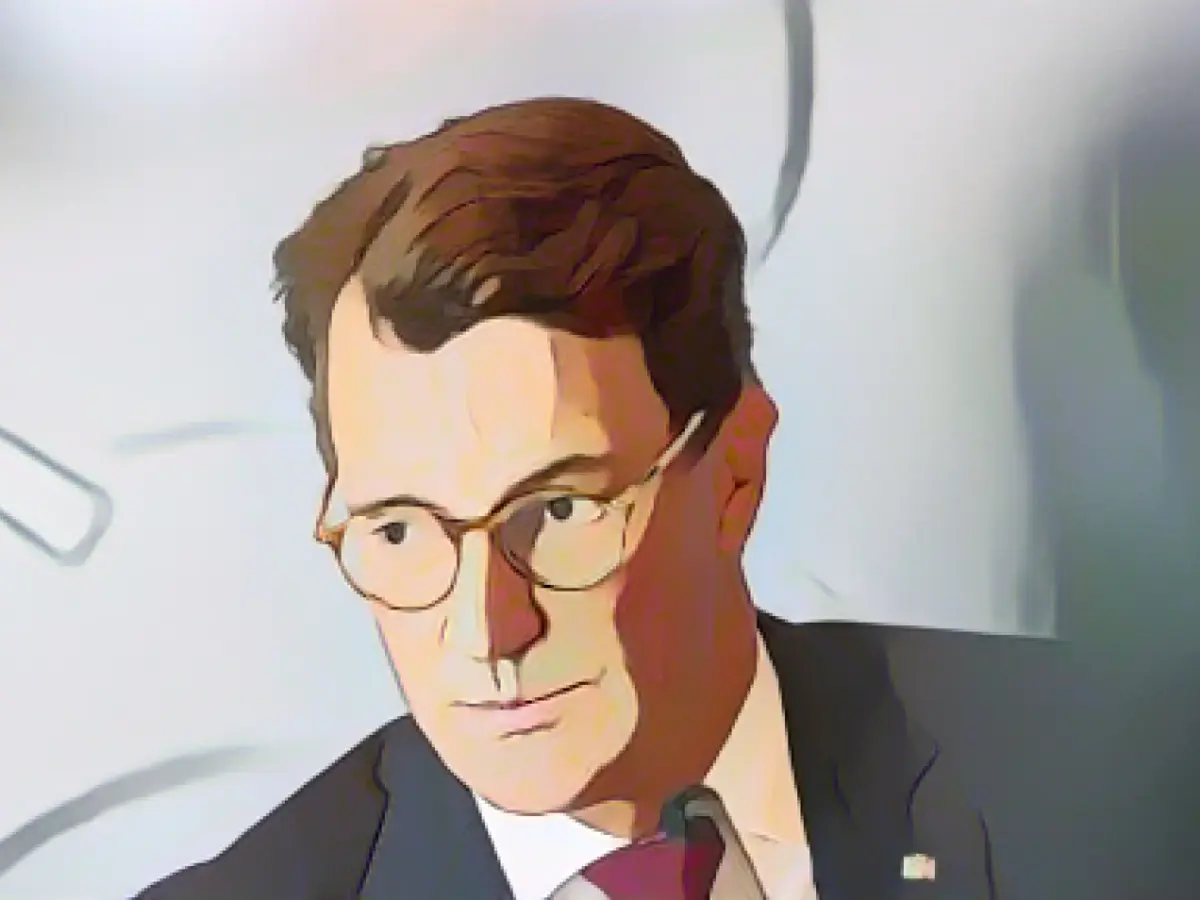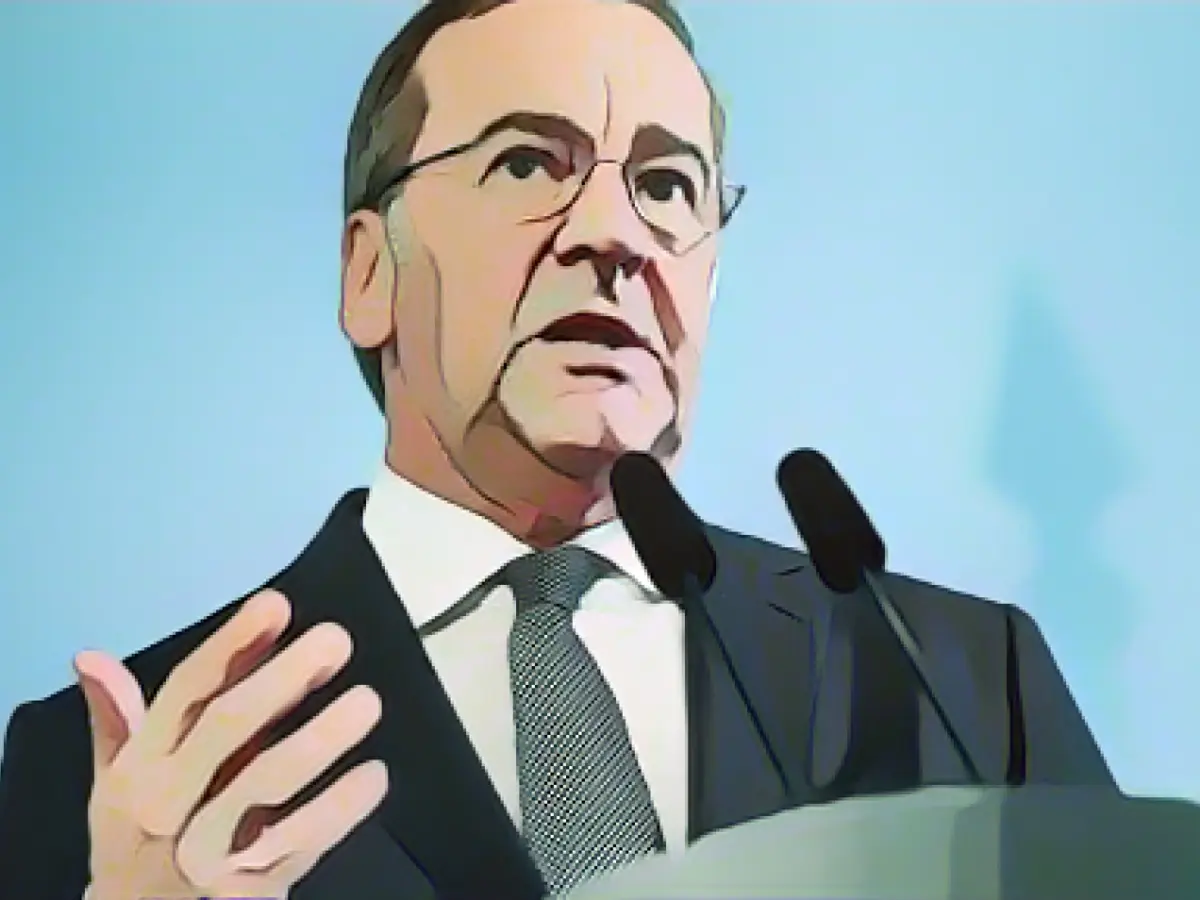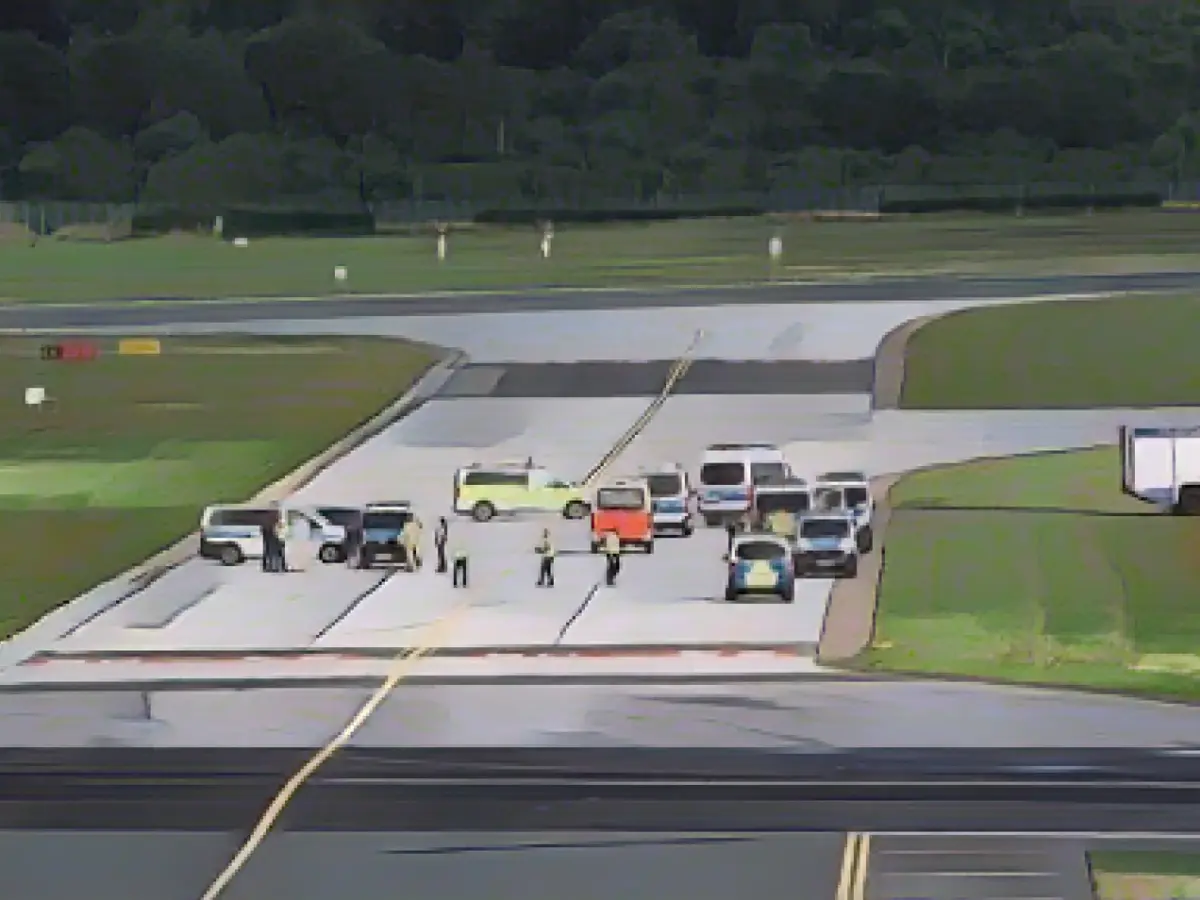Titled: A Call for a Migration Summit: Wüst and Scholz in the Spotlight
In a push for a fresh look at migration policies, Hendrik Wüst, the Minister President of North Rhine-Westphalia, has raised the stakes by calling for a migration summit with German Chancellor Olaf Scholz. "Early in the new year," Wüst urged Bild am Sonntag, "we need a top-level meeting at the Chancellery to assess the effectiveness of our current measures and make necessary adjustments if required."
This call for action follows the last migration summit held in November, where Scholz collaborated with the heads of the 16 federal states to reach agreements on reducing irregular migration and addressing the unbalanced distribution of refugee costs. The meeting also sought to explore the feasibility of asylum procedures outside of Europe.
With irregular migration still a pressing issue in Germany, Wüst advocates for an expedited meeting to examine the progress made since the initial summit. The CDU politician argues that outside-the-box approaches, such as third-country solutions and binding regulations, are essential to deal with countries boasting low protection quotas. Wüst resolutely believes that Germany can't combat global poverty with its asylum laws.
As Berlin prepares to host the migration summit, future proposals will likely revolve around tightening border controls, speeding up visa processing for foreign skilled workers, and increasing the number of places for deportation detention. These measures aim to mitigate irregular migration while ensuring a more comprehensive rejection of asylum seekers at the border and reducing the number of refugees accepted annually.
Since migration policies remain a hot-button issue in Germany, public reactions continue to shape the broader discourse. Notable examples include demonstrations against right-wing extremism, thousands rallying against the shift to the right, and tense security concerns stemming from bomb threats against mosques in North Rhine-Westphalia.
As the February 2025 federal election draws nearer, migration policies and integration will likely feature substantially in election campaigns. Future leaders, including Scholz, will need to address these issues head-on, bringing more nuanced perspectives and discussions about integration, security, and Germany's role within the EU.
